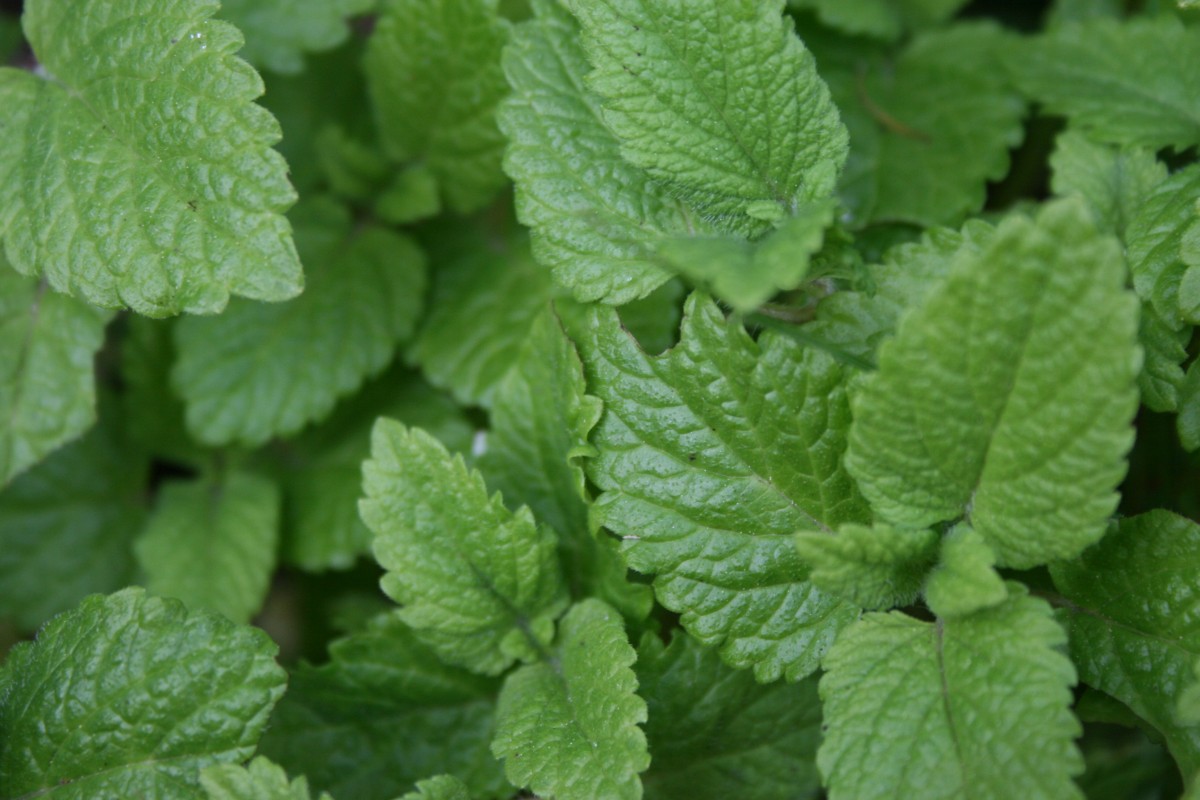Waving a branch filled with lemon balm leaves envelopes the air with a delightful mint and citrus scent.
Bees are obsessed with it which led to the herb’s genus name to be derived from the Greek word for honey bee.
Initially, lemon balm was cultivated and used to influence the direction of bees for over 2,000 years.
Dioscorides, a well-respect physician in ancient times, wrote about how both the Greeks and Romans valued this plant for adding flavor to food as well as its medicinal purposes.
Wine was infused with lemon balm to help treat fevers and the leaves were crushed to heal wounds and bites.
The Greeks likely introduced the plant to the Arabs who revered it as a cure for heart-related conditions and depression.
Also, it was respected for its ability to strengthen the mind and add vigor to your memory.
In the 9th century, a story goes that a Roman emperor was so impressed by the herb’s medicinal qualities that he gave orders to plant it in every single monastery garden.
During the Renaissance, lemon balm was used for treating wounds and digestive issues while lifting anxiety and insomnia.
Today, it is used in modern herbal medicine frequently and regularly combined with valerian root and hops to lessen anxiety and tension. Recently, evidence showed that it may also have the ability to improve learning capabilities and memory, strengthening how you store and retrieve information. This is why practitioners who work with herbs recommend lemon balm for Alzheimer’s disease, dementia, and ADHD.
Lemon balm can also be used for digestive problems and hyperthyroidism, and topically to treat cold sores.
Beneficial qualities:
- Relieves anxiety and stress
- Improves learning capabilities
- Helps reduce fevers
- Assists with Alzheimer’s disease, dementia, and ADHD
- Cures digestive ailments

Support our Cause
By clicking above you will be supporting our platform to help people struggling with physical and psyhcological health.

